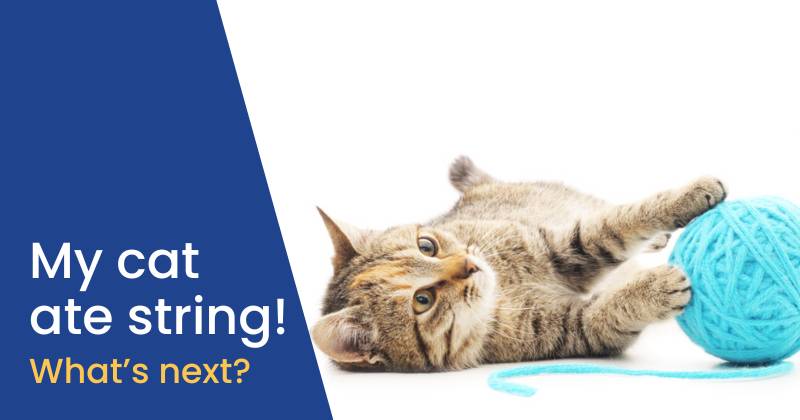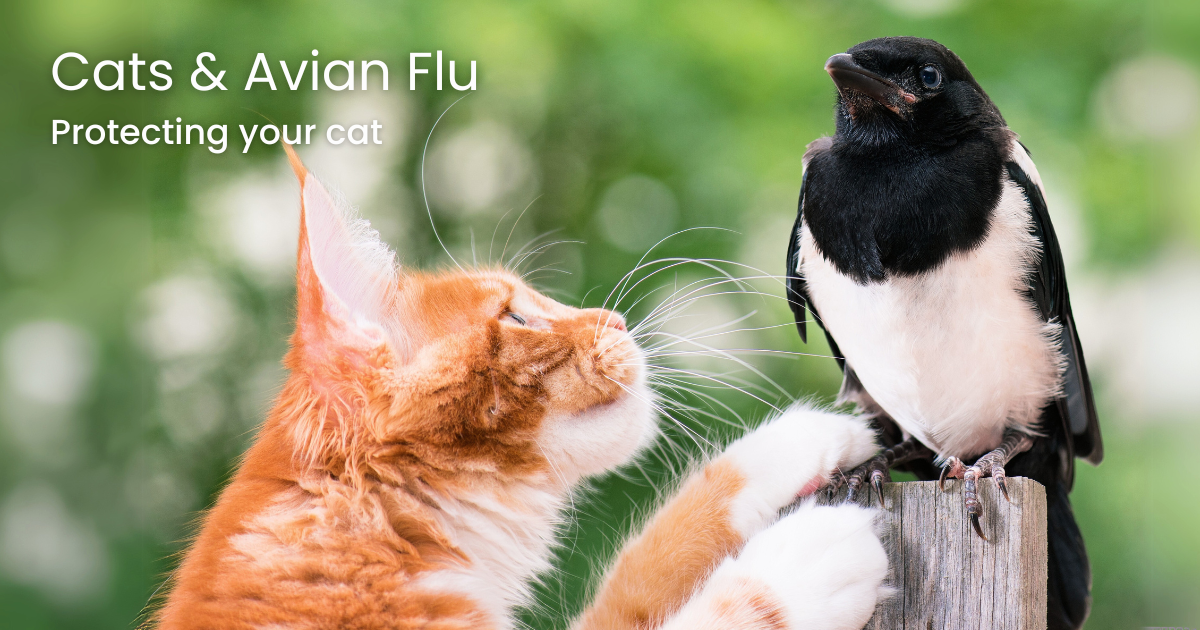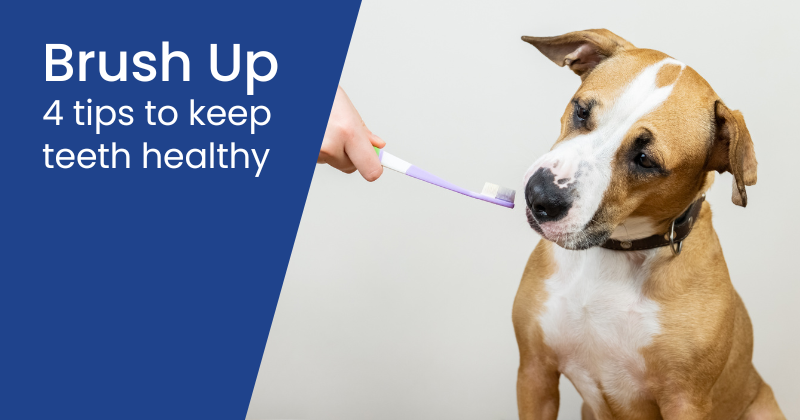
Sometimes cats’ playful tendencies lead them to swallow things they shouldn’t—like string. Whether it’s yarn, dental floss, or a shoelace, ingesting string can be dangerous for your feline friend. If your cat ate string, you might be feeling concerned, and understandably so. While it’s not always an emergency, there are situations where immediate veterinary care is necessary. Let’s explore what to do if your cat ate string and when it’s time to call a vet.
String, ribbon, and other thread-like objects seem irresistible to cats. They can mimic prey, triggering a cat’s natural hunting instincts. Cats often chase, pounce, and bat at strings for fun, but the danger arises when they try to chew on or swallow it. When a cat ingests string, it can get lodged in their digestive system, leading to a potential blockage or other complications.
When a cat eats string, the real issue comes down to what happens as it passes through their digestive system. The string may become entangled in your cat's stomach or intestines, creating a condition known as a linear foreign body. The risk of this is that the string can cause the intestines to bunch up, leading to damage, infection, or a life-threatening situation if not treated promptly. If your cat ate string, knowing the symptoms of a blockage or complication can be lifesaving. These can include vomiting, diarrhea, loss of appetite, or lethargy. If you notice any of these signs, it's time to seek urgent veterinary care.
Your cat may not always show immediate signs of distress after ingesting string, which can make it difficult to assess whether you need to act quickly. However, there are some telltale signs that can help determine whether your cat has swallowed something dangerous.
If you notice a piece of string hanging from your cat’s mouth or bottom, it might be tempting to pull it out. However, this can be dangerous. The string could be wrapped around the intestines, and pulling it could cause serious internal damage. Never attempt to pull the string from your cat’s mouth or anus. Instead, contact your vet right away for advice. They will assess the situation and determine whether the string can pass naturally or if intervention is necessary.
When you suspect or know that your cat has eaten string, act promptly but cautiously. Here’s a step-by-step guide on what you should do:
After your cat eats string, monitor them closely for any changes in behavior or signs of distress. If they seem to be acting normally—eating, drinking, and using the litter box without any issues—it’s possible the string will pass on its own. However, continue to keep an eye on them for any developing symptoms.
Unlike some other foreign objects, inducing vomiting is not recommended when your cat has ingested string. The string could become lodged in the throat or cause damage on its way back up, so avoid this step unless explicitly directed by your vet.
As soon as you notice that your cat has eaten string, it’s wise to contact your vet. Even if your cat seems fine, the vet may recommend coming in for an evaluation to prevent any complications. If you're located in Covington, GA, you can call East Metro Animal Emergency Clinic at (678) 212-0300 for immediate assistance.
If your vet advises you to come in, they will likely perform a physical examination and may recommend X-rays or an ultrasound to check for blockages. If the string is causing an obstruction, surgery might be required to remove it. Your vet will guide you through the next steps based on the severity of the situation.
Treatment for a cat that ate string can vary depending on how much string was ingested and whether it has caused any complications. Here are the most common approaches a veterinarian might take:
Preventing your cat from eating string is the best way to avoid these stressful situations. While it’s impossible to control everything your cat does, there are steps you can take to minimize the risk.
If your cat ate string, you’ll need to be vigilant about their behavior and look for signs of distress. While not all cases of string ingestion require emergency care, it’s always better to be safe than sorry. Calling your vet for advice can help you determine whether an immediate visit is necessary. For pet owners in Covington, GA, you can rely on the team at East Metro Animal Emergency Clinic for expert care. If you’re concerned that your cat ate string, call us at (678) 212-0300.


